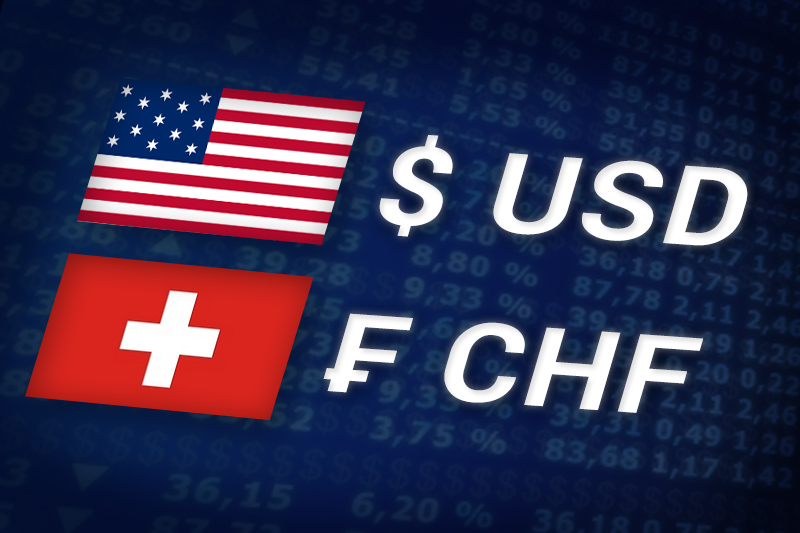Investing.com - The U.S. dollar edged higher against the Swiss franc on Wednesday as safe haven demand found support after a meeting of euro zone finance minister failed to reassure markets on the handling of the region’s debt crisis.
USD/CHF hit 0.9246 during European morning trade, the pair’s highest since November 28; the pair subsequently consolidated at 0.9231, gaining 0.23%.
The pair was likely to find support at 0.9084, the low of November 18 and resistance at 0.9329, the high of November 25.
On Tuesday, euro zone finance ministers agreed on a plan to expand the region’s bailout fund, but said its capacity to assist indebted nations would not be as large as initially hoped.
The finance ministers also approved the latest tranches of aid to Greece and Ireland and presented new Italian Prime Minister Mario Monti with a report outlining measures the country should take to reduce debt and boost economic growth.
Market sentiment also weakened earlier, after ratings agency Standard & Poor’s downgraded its ratings on 15 global banks.
Meanwhile, the Swissie remained under pressure after Swiss President Micheline Calmy-Rey said last week that the overvaluation of the franc posed a serious threat to the economy.
President Calmy-Rey added that the Swiss National Bank was committed to “a substantial and lasting weakening of the franc."
Elsewhere, the Swissie was almost unchanged against the euro with EUR/CHF inching up 0.02%, to hit 1.2263.
Later in the day, Switzerland was to publish the KOF economic barometer.
The U.S. was also to release a report on non-farm payrolls compiled by payroll processing firm ADP, as well as data on manufacturing activity in the Chicago area and pending home sales.
USD/CHF hit 0.9246 during European morning trade, the pair’s highest since November 28; the pair subsequently consolidated at 0.9231, gaining 0.23%.
The pair was likely to find support at 0.9084, the low of November 18 and resistance at 0.9329, the high of November 25.
On Tuesday, euro zone finance ministers agreed on a plan to expand the region’s bailout fund, but said its capacity to assist indebted nations would not be as large as initially hoped.
The finance ministers also approved the latest tranches of aid to Greece and Ireland and presented new Italian Prime Minister Mario Monti with a report outlining measures the country should take to reduce debt and boost economic growth.
Market sentiment also weakened earlier, after ratings agency Standard & Poor’s downgraded its ratings on 15 global banks.
Meanwhile, the Swissie remained under pressure after Swiss President Micheline Calmy-Rey said last week that the overvaluation of the franc posed a serious threat to the economy.
President Calmy-Rey added that the Swiss National Bank was committed to “a substantial and lasting weakening of the franc."
Elsewhere, the Swissie was almost unchanged against the euro with EUR/CHF inching up 0.02%, to hit 1.2263.
Later in the day, Switzerland was to publish the KOF economic barometer.
The U.S. was also to release a report on non-farm payrolls compiled by payroll processing firm ADP, as well as data on manufacturing activity in the Chicago area and pending home sales.
